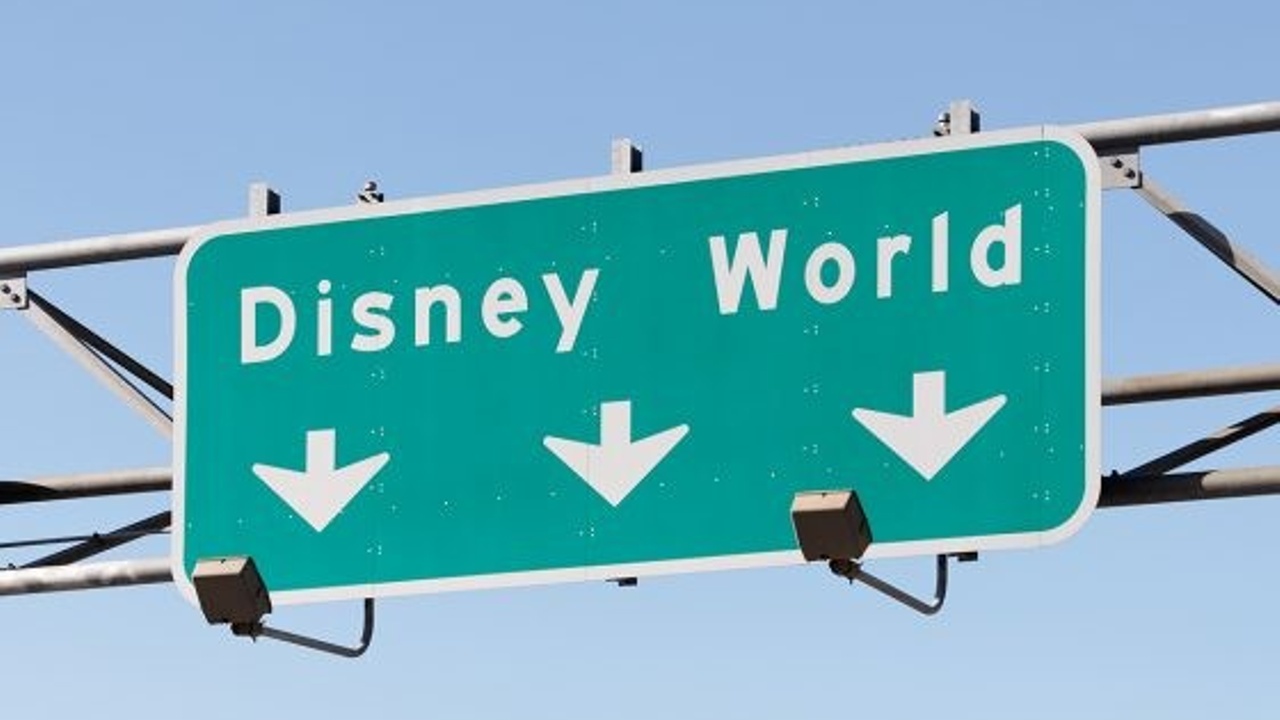On Priorities and Profit.
Jul 30, 2020
The pandemic and economic crisis have forced Disney to adapt very quickly. Without the anticipated summer blockbuster movie releases, the firm has realigned its priorities. The reopening of Disneyland in California has been postponed indefinitely. Hong Kong Disneyland has shut down again and Disney World in Florida is on shaky ground.
The glue that connected blockbuster stories and characters with retail sales, live entertainment on Broadway and theme park attendance has made Disney extremely vulnerable in a pandemic. Even ESPN, the franchise that is supposed to help weather any economic downturn, was essentially stuck in the mud, without any live sports to broadcast until recently. As a result, Disney’s stock has fallen 18% in the last six months.
But, the Walt Disney Company isn’t the only firm experiencing economic shockwaves following the coronavirus and social distancing. Coca-Cola generates nearly half of its revenue from out-of-home consumption at sporting venues, movie theaters, theme parks and entertainment venues of all types. Last quarter, the soft drink conglomerate had its largest revenue drop in 25 years and earnings per share dropped 32 percent.
Both firms are searching high and low for their opportunities and slashing expenses. Thousands of employees have been furloughed and wait to see if they will be called back. These companies are in a mad dash to protect the bottom line.
Disney has moved up many projects during the shutdown, like the 2021 Hamilton release rushed to Disney+ on July 4 weekend and The Last Dance documentary from summer to April. This helped draw more members to the Disney+ streaming service. With TV and movie production essentially halted since March, the firm is leaning on animated series like The Simpsons and Central Park for Apple’s TV+ which are still able to create new shows during the pandemic.
Coca-Cola has decided to discontinue its Odwalla juices and is quickly dumping all the other non-profitable and slow- growth products in its warehouse of over 400 brands. Because the company has never ventured into foods or snacks, unlike PepsiCo, it has suffered more and more-quickly than its rival.
Clearly, you and I are not Coca-Cola, Pepsi or Disney, but there are business lessons at play in these large firms that can help you make decisions in your own small business.
First, like these large firms, we must pay attention to three core constituents: the government, our employees and customers. Even if your local region or state doesn’t shut down again, your employees and customers might dictate that you reconsider your current operating plans.
Second, the pandemic and resulting economic instability will force you to watch the bottom line very closely and eliminate anything that isn’t carrying its own weight. Like these large firms, find what is working and double down on it. Eliminate what isn’t working. You can always bring it back later, in a better economic climate.
Third, prioritize and communicate transparently to all stakeholders. If you see a bumpy road ahead, say so. If you plan to hire and expand hours to capture more marketshare, get more buy-in from your team or find people who will help you achieve your vision and plans for growth.
Finally, be ready and willing to adapt. In a fluid situation, you cannot hold onto anything too tightly, other than your commitment to being the best at getting better. Those businesses that are tied too tightly to old ways of doing business and old ways of thinking, rigidly lacking the ability to adapt, will suffer greatly or cease to exist in the next 6 months.
